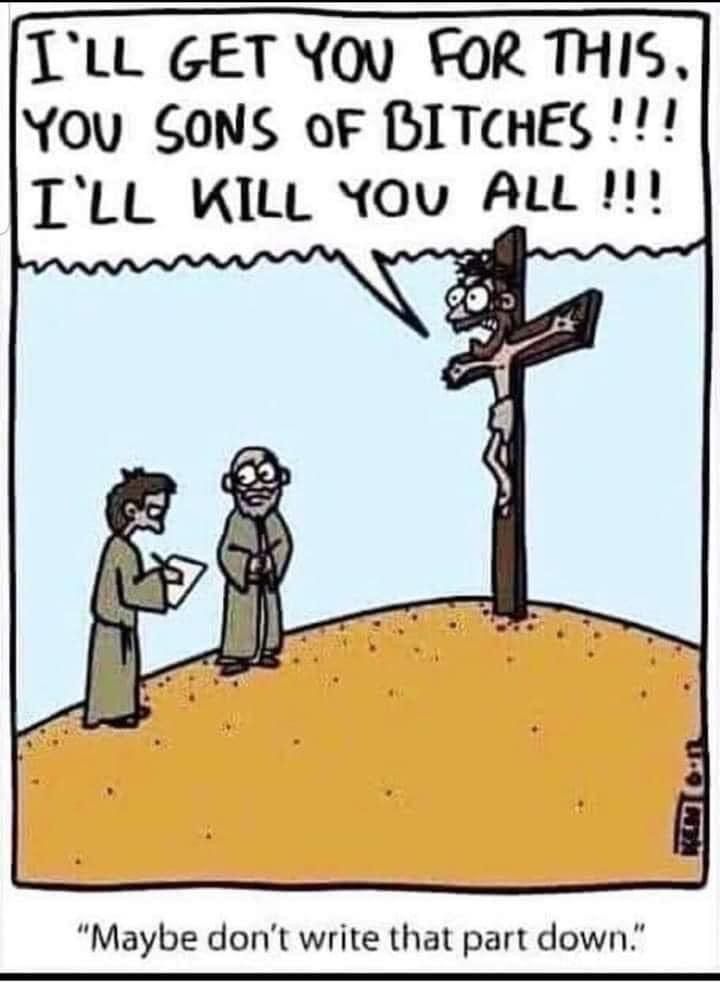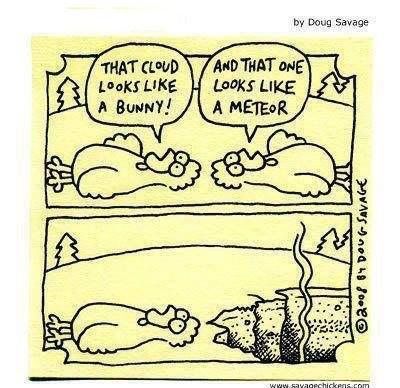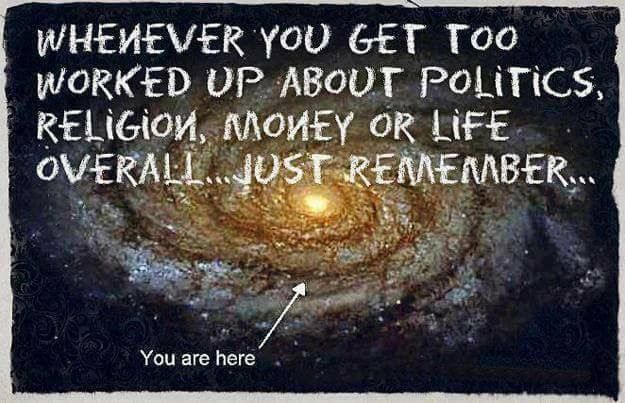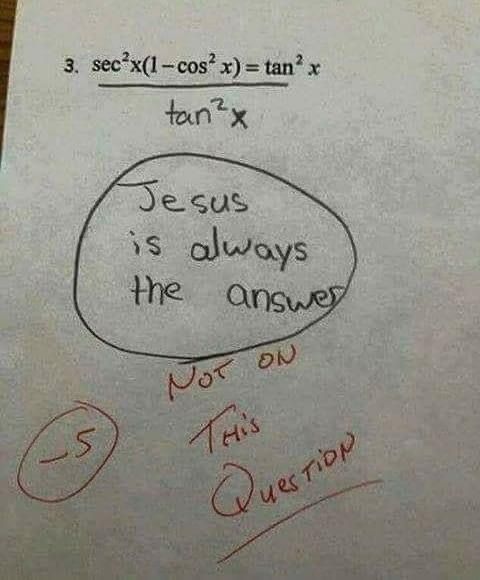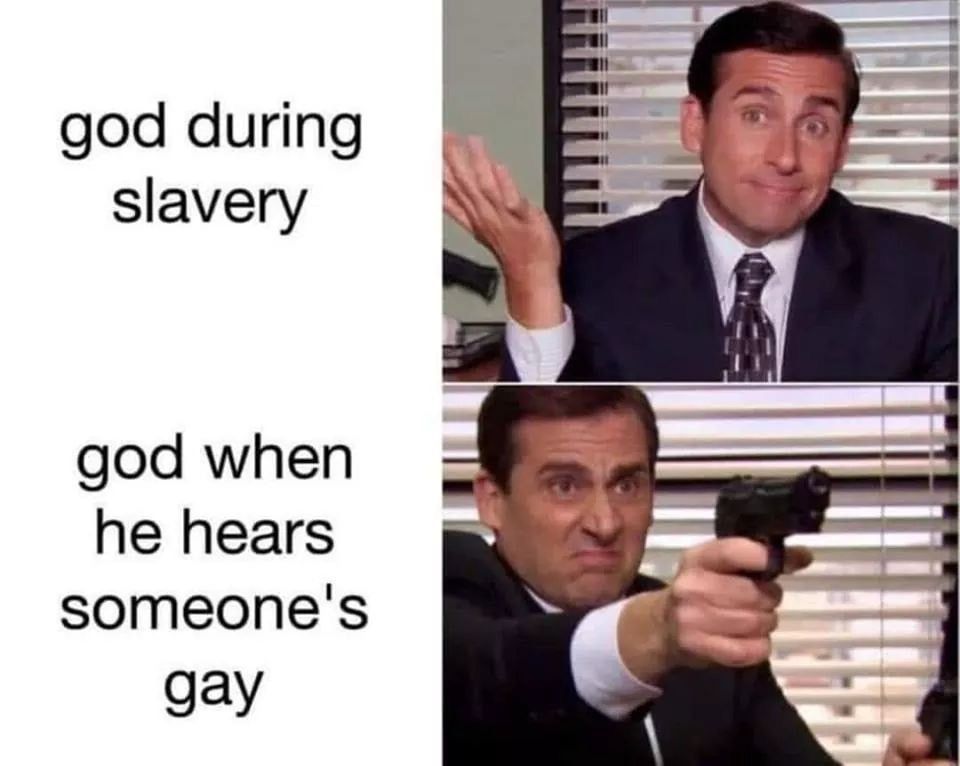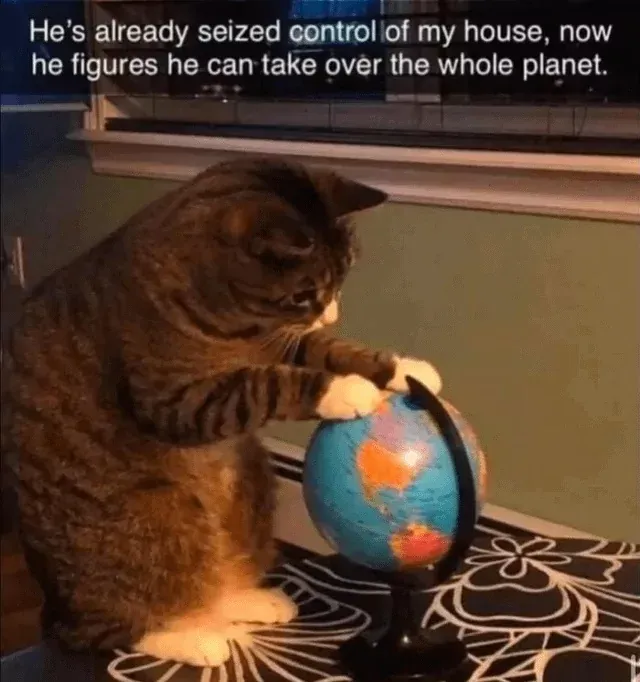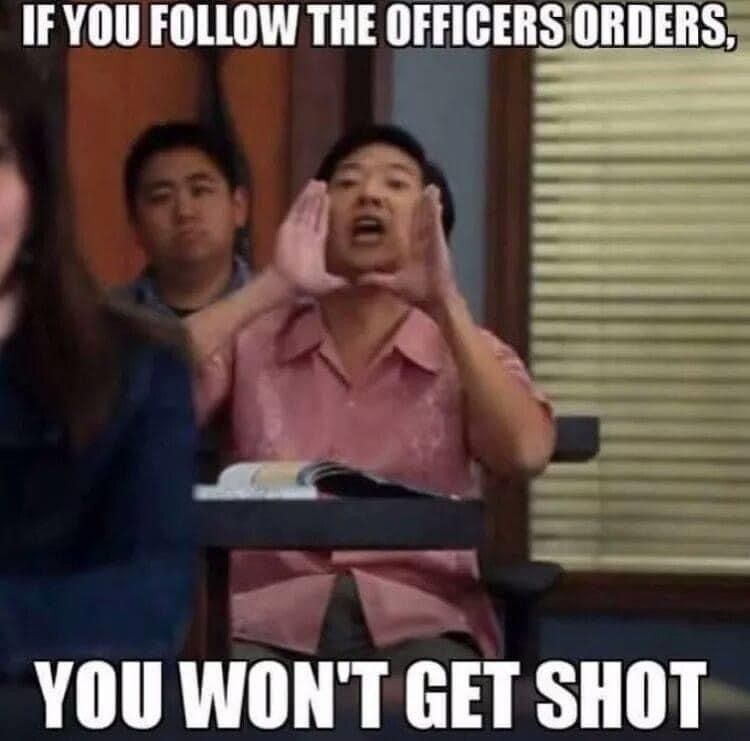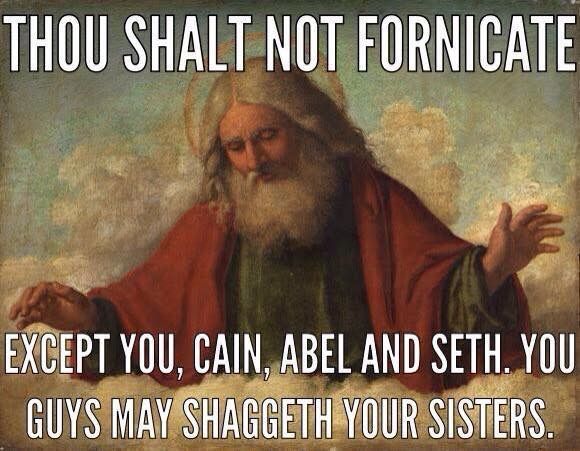Until You Can Measure Magic, Science Remains King
Why Evidence Still Rules the Universe — Even When We Don’t Have All the Answers
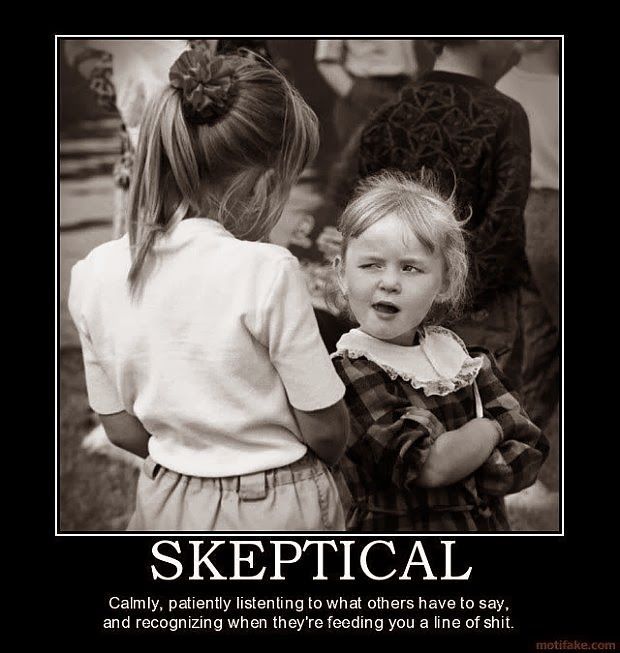
There’s a popular dodge used whenever a belief starts falling apart under scrutiny:
“Science doesn’t know everything — therefore my belief could still be true.”
It’s usually followed by a pitch for ghosts, astrology, crystals, “energy healing,” divine intervention, or whatever supernatural explanation the speaker prefers.
Let’s go ahead and acknowledge the obvious:
Science doesn’t know everything.
But here’s the part critics always leave out:
Science doesn’t need to know everything to outperform every other method of understanding reality.
Science doesn’t declare truth by authority. It tests reality — accepts what passes, discards what fails, and revises when new evidence demands it. Nothing else humans have ever invented does that.
How Humans Form Beliefs — and Why Most Methods Fail
People often trust tradition simply because “we’ve always believed this.” That works great for Grandma’s pie recipe, but traditions are fully capable of being wrong for thousands of years.
Authority seems comforting: a leader, priest, guru, or “expert” says something, and it feels safe to accept it. But authorities contradict each other constantly — and power doesn’t create truth.
Intuition feels personal, even spiritual. But the brain is biased and fallible. We see patterns where none exist. We misremember events. We convince ourselves of things we desperately want to be true.
Anecdotes — “my cousin saw it happen once” — are unreliable because personal stories never represent universal truth.
Science is what happens when we demand actual proof.
When we ask for claims that can be tested, measured, and repeated by anyone, anywhere.
That insistence on evidence is why:
- Airplanes fly
- Antibiotics prevent death from infection
- Computers exist
- GPS satellites rely on Einstein’s relativity
- You can read this on a glowing screen
None of those achievements came from intuition, tradition, or superstition. They came from rigorous testing of reality.
The Argument From Ignorance
The common fallback position sounds like this:
“If science can’t explain something, my explanation must be right.”
No. That’s the argument from ignorance — one of the oldest logical fallacies in existence.
If I don’t know where my keys are, it doesn’t prove they slipped into another dimension.
If we don’t fully understand consciousness, it doesn’t prove the soul.
If evolution hasn’t explained every biological detail, it doesn’t prove a designer.
Ignorance isn’t evidence. It’s just ignorance.
The most intellectually honest answer sometimes is:
We don’t know — yet.
That’s not a surrender.
That’s the
starting line for finding the real answer.
Science Embraces “I Don’t Know”
Other belief systems fear questions.
Science
requires them.
“Why?” is not prohibited — it is celebrated.
When new evidence arrives, science doesn’t rewrite reality to protect a belief — it updates the belief to better reflect reality.
That humility is the engine of progress.
Evidence Gets Better — Belief Stays the Same
Scientific knowledge improves constantly:
- We build better tools
- We gather better data
- We challenge old assumptions
- We increase accuracy
Newton didn’t know about quantum mechanics.
Einstein didn’t know about dark energy.
Future scientists will revise what we think we understand today.
The point isn’t that science is finished — it’s that science is the only system humans have that corrects itself.
Belief doesn’t update. It digs deeper trenches.
Why Evidence Must Come First
When we evaluate what’s real, some types of “knowing” are clearly more reliable than others.
Evidence tested in the real world produces:
- Predictable outcomes
- Fewer errors
- Better decisions
- Working technology
- Safer lives
Belief alone produces confidence, not accuracy.
No amount of faith can replace a parachute packed by physics.
The Takeaway
Science doesn’t claim:
- To be perfect
- To have every answer
- To speak for the universe with infallible certainty
Science claims only this:
When we test ideas against reality, reality gets the final word.
So yes, science is incomplete.
Yes, science changes its mind.
Yes, science makes mistakes.
That is exactly what makes it superior.
Because the moment we stop questioning, stop testing, and stop demanding evidence, we stop learning.
The universe is huge, mysterious, and unforgiving.
If we want to continue unlocking its secrets, we go with the tool that has brought us further than superstition ever has:
Proof over preference. Evidence over assumption. Science over certainty without foundation.
Science doesn’t have to know everything for us to know that.
Why This Matters
When feelings, folklore, or faith are elevated above data and experiment:
- People die from preventable diseases
- Politicians restrict research and education
- Fraudsters sell false cures and false hope
- Reality becomes negotiable
Human progress depends on choosing methods that work — not ones that merely comfort.
When in doubt, choose truth over tradition.
References
Sagan, C. (1996). The demon-haunted world: Science as a candle in the dark. Random House.
Shermer, M. (2011). The believing brain: How we construct beliefs and reinforce them as truths. Times Books.
Pigliucci, M. (2010). Nonsense on stilts: How to tell science from bunk. University of Chicago Press.
Disclaimer:
The views expressed in this post are opinions of the author for educational and commentary purposes only. They are not statements of fact about any individual or organization, and should not be construed as legal, medical, or financial advice. References to public figures and institutions are based on publicly available sources cited in the article. Any resemblance beyond these references is coincidental.

